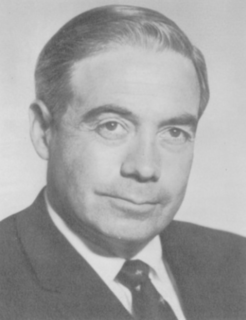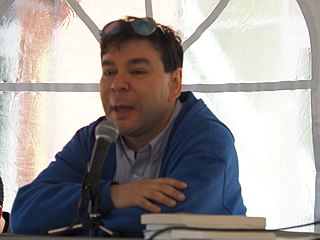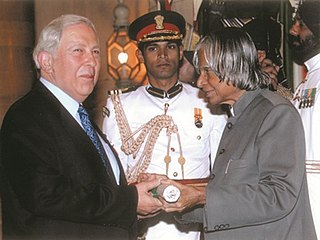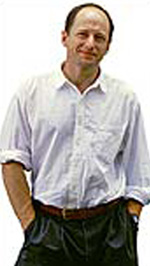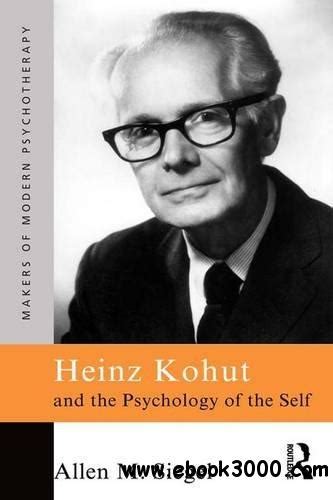A Quote by John Cameron
When I entered the field in July 1958 I believed what they told me about radiation risks. I spent much effort reducing the dose to patients in radiology.
Related Quotes
Consider radiology. Technology is going to reduce the use of those machines because doctors aren't going to need to send patients two or three times for radiology. They're going to have access to what the previous specialist took. There's also going to be devices that are coming out that are much less costly.
Nuclear industry proponents often assert that low doses of radiation (eg below 100mSV) produce no ill effects and are therefore safe. But , as the US National Academy of Sciences BEIR VII report has concluded, no dose of radiation is safe, however small, including background radiation; exposure is cumulative and adds to an individual's risk of developing cancer.
The Atomic Age was born in secrecy, and for two decades after Hiroshima, the high priests of the cult of the atom concealed vital information about the risks to human health posed by radiation. Dr. Alice Stewart, an audacious and insightful medical researcher, was one of the first experts to alert the world to the dangers of low-level radiation.
Steve Jobs did not start started Apple as a scam. But he understood early on the power of marketing. The idea of the computer as a bicycle for the human mind - I think that was something he believed. He believed in making people comfortable with these machines, which is why he spent so much time thinking about how to design them a certain way, how to make them so user-friendly and interactive, and why he spent so much time studying the Zeitgeist.
Money spent on vegetative patients is money not spent on preventive care, such as flu shots and mammograms. Each night in an ICU bed for such patients is a night that another patient with a genuine prognosis for recovery is denied such high-end care. Every dollar exhausted on patients who will never wake up again is a dollar not devoted to finding a cure for cancer.
If there is one lesson that I have learned during my life as an analyst, it is the lesson that what my patients tell me is likely to be true - that many times when I believed that I was right and my patients were wrong, it turned out, though often only after a prolonged search, that my rightness was superficial whereas their rightness was profound.




